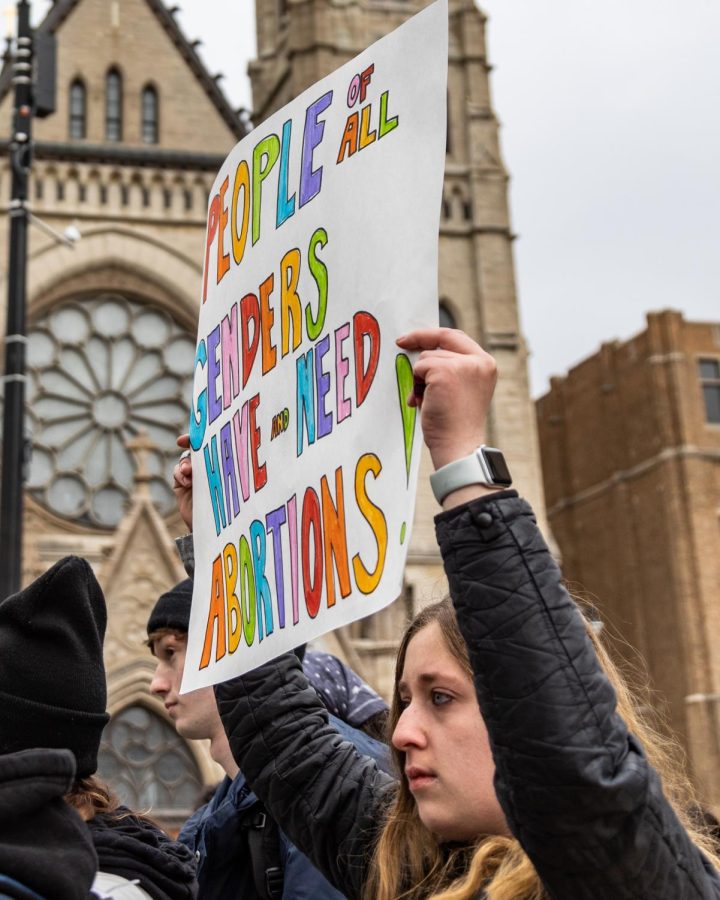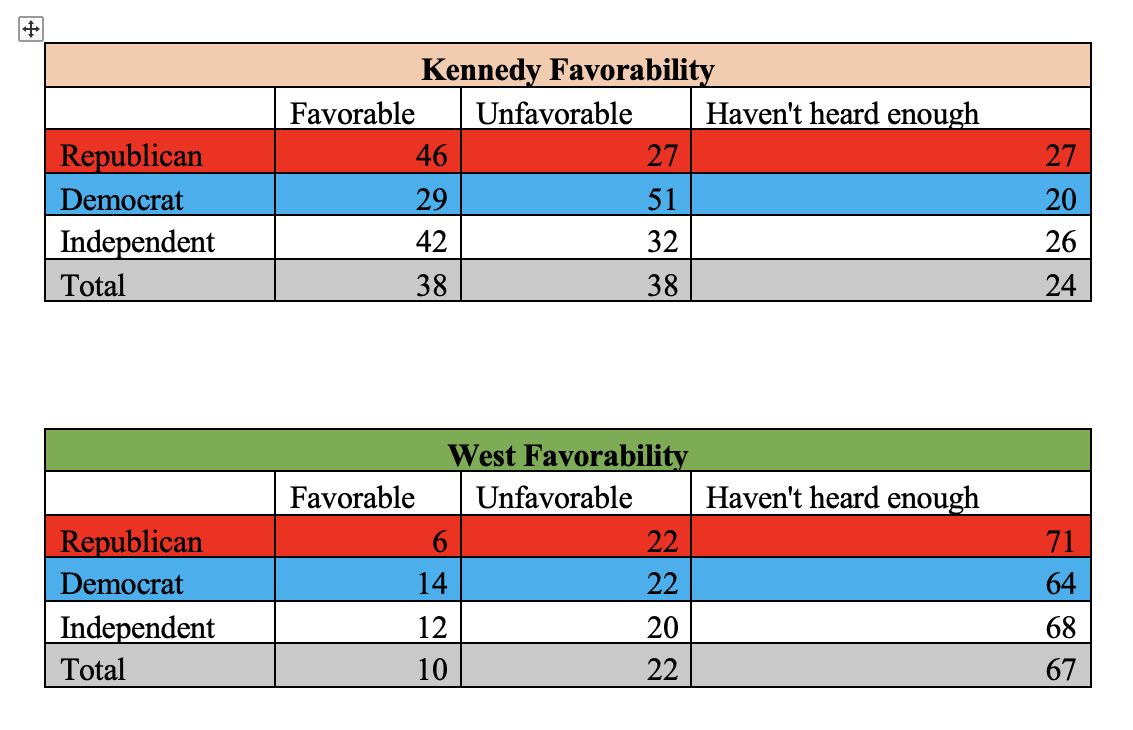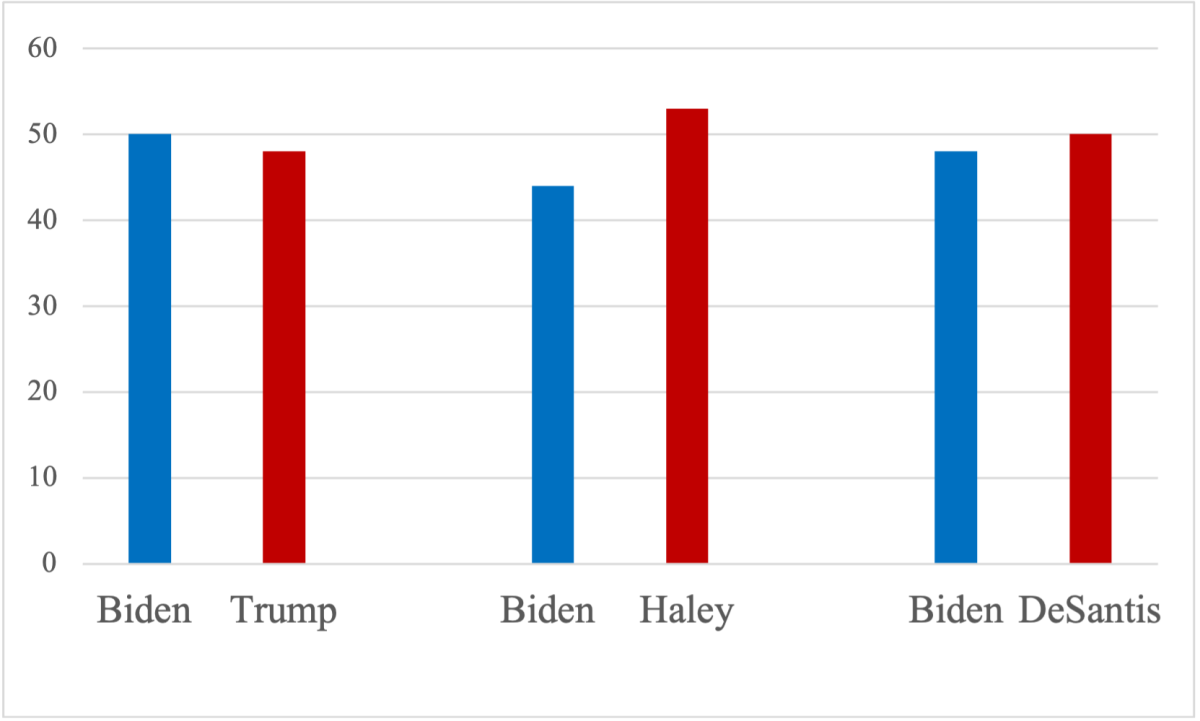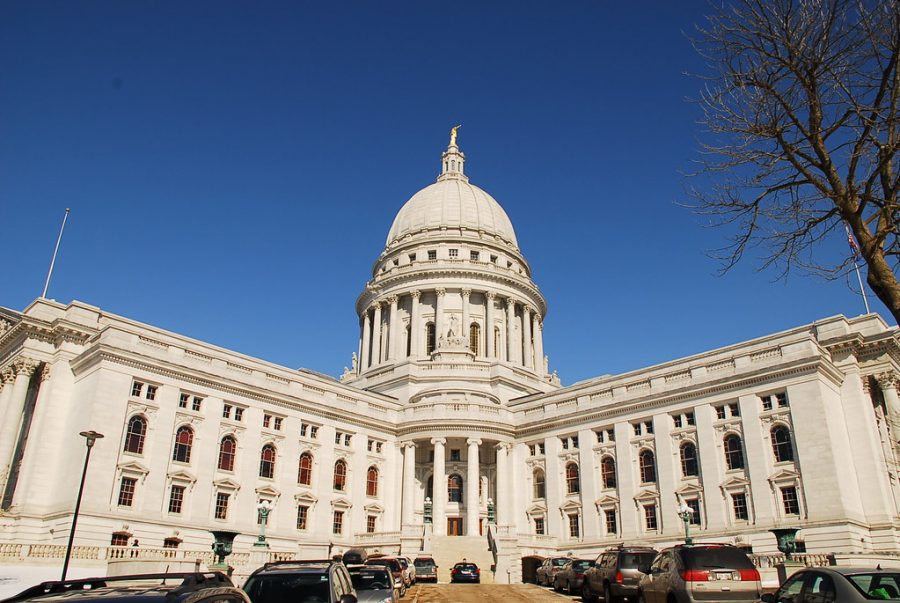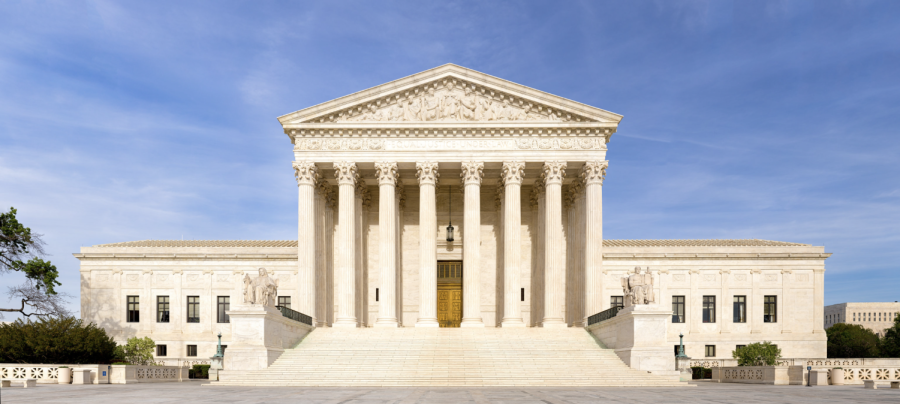Amidst the aftermath of the 2022 midterm elections, politicians are beginning to gear up for the near-distant 2024 elections. Senator Tammy Baldwin (D-WI) announced April 12 that she would be running for a third term, entering her into what some pollsters and political operatives consider a close race.
“I’m committed to making sure that working people, not just the big corporations and ultra-wealthy, have a fighter on their side,” Baldwin said in a press statement announcing her campaign. “With so much at stake, from families struggling with rising costs to a ban on reproductive freedom, Wisconsinites need someone who can fight and win.”
Baldwin won her first election to the Senate in 2012, defeating former Wisconsin Governor Tommy Thompson with 51.4% of the vote. In 2018, she defeated Wisconsin state Senator Leah Vukmir by over 10 percentage points.
“2024 is my first time being able to vote, and though there also is a presidential election going on, it is crucial to recognize the importance of the other branches of government, especially during a time when there is a very slight majority for each party in the Congress,” Mohammed Ahmed, a sophomore in the College of Arts & Sciences, said.
In 2024, there are 34 seats up for reelection, of which 23 seats are caucused by Democrats and 11 Republican-held seats.
Currently, in the Senate, there is a Democratic majority with 51 seats, making Baldwin’s seat vital for the Democrats to maintain their majority. Other critical states include Arizona, Ohio, West Virginia, Montana, Nevada, Pennsylvania and Michigan for Democrats to win to maintain the majority within the Senate.
“2018 was a good year for Democrats, and Baldwin ran ahead of other statewide Democrats. 2024 is sort of unclear — Biden is unpopular, we don’t know for sure who the Republican nominee will be, the economy is always a wild card,” Julia Azari, a professor in the department of political science, said.
With a slight majority in the Senate, Baldwin’s announcement comes at a time when there is great uncertainty in American politics regarding key issues such as immigration and inflation present to the American public.
“One of the key issues that I am currently eyeing is inflation and how people such as Senator Baldwin plan to take on the issue. It is something this is affecting college students and families today, so candidates that are working to take on these issues are important to look at,” Ahmed said.
Baldwin is seeking reelection during a presidential election year, when turnout is high, and the margins for presidential victory tend to be slim such as in 2016 and 2020. Additionally, the reelection of Senator Ron Johnson (R-WI) in 2022 may present a more difficult race for Baldwin compared to 2018. In 2022, Johnson beat Barnes with a majority of 50.4%.
“Wisconsin voters clearly split their ballots sometimes, alongside our friends in Ohio, Pennsylvania, and a few other competitive states. Baldwin has the advantage of having a political reputation in the state separate from President Biden. It’s not difficult to imagine her outrunning him,” Azari said.
At this point in the campaign, there are no Republican candidates declared to run against Baldwin. Still, other candidates have not ruled out entering the race. The list includes U.S. Rep. Mike Gallagher (R-WI), Scott Mayer, Eric Hovde and U.S. Rep. Tom Tiffany (R-WI).
Azari said that Baldwin will have to position herself for victory by returning to her approach in 2018, where she worked to stay out of nationalized politics and instead focus on state issues.
“This means you can politically distance yourself from the president, from any unpopular bills the president has signed, and from any tricky culture war issues. Baldwin has been a vocal supporter of abortion rights, but that seems to be a fairly popular position in Wisconsin, and the ground on that issue has shifted since 2018, in a way that has thus far been favorable for Democrats,” Azari said.
In 2021, Baldwin sponsored the Women’s Health Protection Act, which helped guarantee equal access to abortion across the United States. Additionally this April, Wisconsin elected Justice Janet Protasiewicz, a pro-choice candidate, to the Wisconsin State Supreme Court with 55% of the vote.
“Though the election cycle may be tough for candidates across Wisconsin, I am excited to see what the candidates have to offer for a better America and how they can work for the people of Wisconsin,” Ahmed said. “It’s going to be a thrilling ride for all the candidates in the next year.”
This story was written by Uzair Qhavi. He can be reached at uzair.qhavi@marquette.edu





